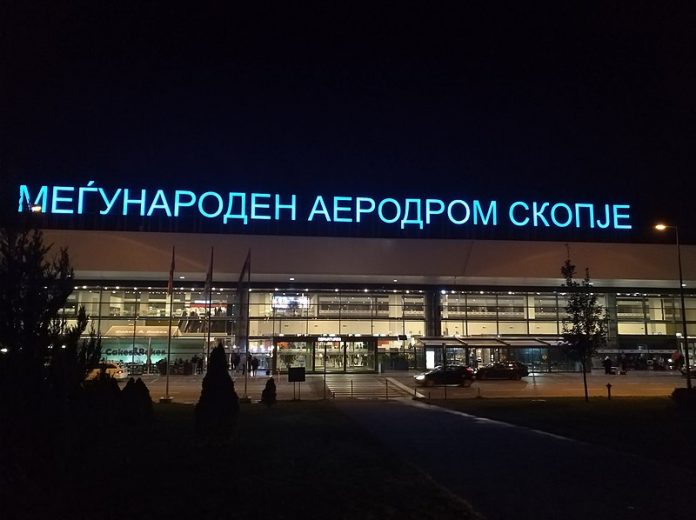Hoping to generate enough material to prevent Sofia’s cadre of Balkan reporters from decamping to nearby ski resorts, the governments of North Macedonia and Bulgaria held a joint meeting on January 25 to kick off the five bilateral working groups that both countries agreed were needed to resolve the troublesome bilateral issues that have long delayed North Macedonia from launching its EU accession drive. This comes shortly after incoming Bulgarian Prime Minister Kiril Petkov visited Skopje on January 18 to open contacts with North Macedonia’s week-old government.
The five working groups launched
The bilateral working groups will cover economic issues, infrastructure, EU cooperation, culture, and history/education. Bulgaria’s Petkov hopes the work can be completed in six months or less and has stated that he believes the discussions on economics and infrastructure can yield quick results. Details are still emerging on how frequently the groups will meet and how the prime ministers will engage to accelerate progress. North Macedonia’s Kovacevski, formerly a deputy finance minister, noted that he and Harvard graduate Petkov had an affinity for “Excel charts, deadlines, and accomplishments.” He expressed an intention to participate in the work of the groups and to push for progress, echoing the “we can do it” approach Petkov has often noted.
Infrastructure links need upgrading
The infrastructure working group will be an area where quick success can be claimed, even though practical results will take longer. Currently, there is no direct Sofia-Skopje rail link, but longer alternate routes via Serbia and Greece do exist. Nobody in either country expects construction of the so-called Corridor VIII rail link through mountainous terrain to be completed before the end of this decade but plans and programs can be announced with much fanfare to enable a success to be claimed.
Most travel between the two capitals is currently conducted by automobile or bus, usually in three to four hours. Petkov hopes to announce a new direct flight between the cities no later than March, but that is not the end of the story. Direct air links were actually established in the previous decade but abandoned due to low passenger traffic. Unfortunately, when the transit time to both cities’ airports is added to airport check-in time and actual travel, there is practically no time saved. So far, there has been no talk of any kind of “air bridge” using passenger helicopters or next-generation aircraft designed for shorter urban runways potentially built closer to either capital.
When it comes to economic cooperation, there is always room for small quick fixes, and in this case, Petkov and Kovacevski announced plans to reduce roaming charges between the countries and signed memoranda to accelerate work on a new border crossing point, to be ready in 2023.
How fast can they go?
Nobody should forget Petkov will face considerable resistance within his own governing coalition and from the country’s president if he pushes too hard with his declared practical approach to problem-solving that ignores the intense emotional resonance the Macedonian ethnicity issue has within Bulgaria. Even if the working groups appear to make rapid progress, a quick reversal of Bulgaria’s longstanding veto on the launch of North Macedonia’s EU accession negotiations is simply not in the cards without major concessions from Skopje. These could include constitutional changes referring to the existence of a Bulgarian minority within North Macedonia or other similar painful steps for many in Skopje.
There may be room in the category of “other painful steps” for some creative historical revisions and diplomacy by Skopje, as the clock ticks down. Nobody should forget that Kovacevski, like his predecessor Zoran Zaev, is currently in the position to make the needed concessions. If his government splinters and the right nationalist VMRO should return to power, all bets are off.
Bulgaria has proven over the last several years that pressure from its EU partners and even the US will not be the deciding factor in any compromise solution, a message that officials in those capitals seem to forget on occasion. Those who truly want to foster a solution should focus a bit more on getting North Macedonia to address Bulgarian grievances, for a start.









